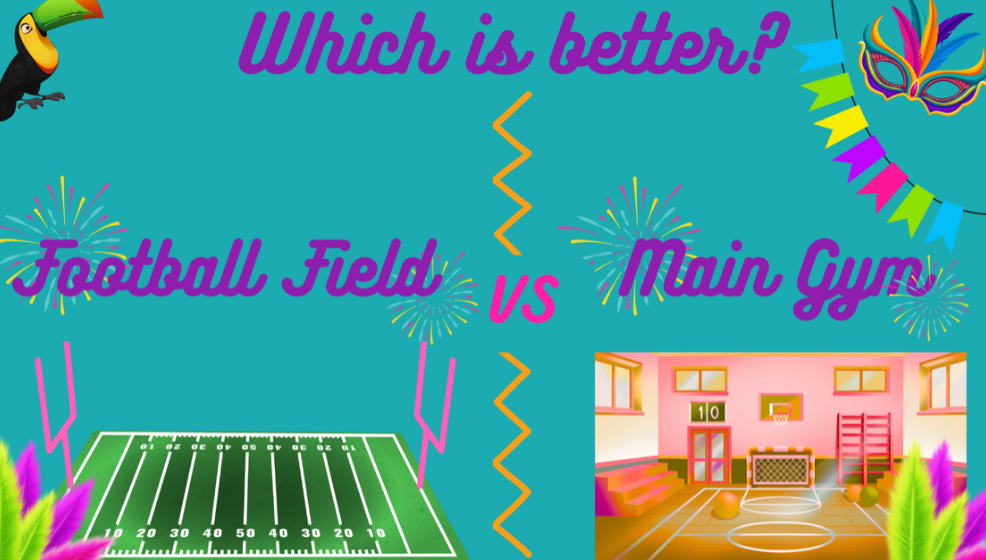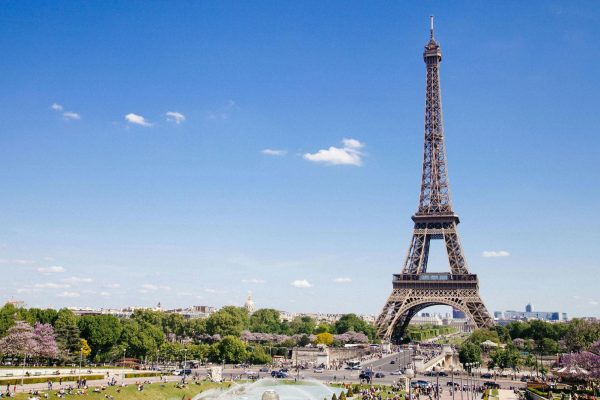Controversy strikes at FIFA’s Qatar world cup
Qatar becomes the first Middle Eastern country to host the World Cup.
December 14, 2022
The 2022 FIFA World Cup is being held in Qatar, a middle eastern country located near Saudi Arabia and the United Arab Emirates. This year the competition is taking place from Nov. 11 to Dec.18, which is when the final match will take place. Qatar is the first Arab country to ever be selected for hosting the world cup and a lot of controversy has surfaced around this decision.
One smaller issue is the timing of the event. Because of the country’s extremely high summer temperature the competition had to be moved to the winter when it normally takes place in the summer. Additionally, the size of Qatar has become an issue. Since it is the smallest country to ever be selected for such a large sporting event, there has been trouble supporting the abundance of fans traveling to Qatar on top of those who are streaming it from their homes.
The country didn’t have the infrastructure to support such a large sporting event so in the last ten years since they have been selected, there has been a massive spike of migrant workers. These workers have been tasked with building large stadiums and other necessary infrastructure for the event, and with this comes questionable working conditions and exploitation.
“It just didn’t make sense from the standpoint of like middle eastern countries again, the stadiums weren’t built, the infrastructure wasn’t built.” said girls varsity soccer coach and history teacher, Mark Tomczak.
On top of the issue of infrastructure comes the issue of gay rights. Qatar’s law specifically attacks and criminalizes homosexuality which includes outlawing marriage and adoption.
In response to these rules, teams started wearing rainbow armbands and covering their mouths during photos but were punished by FIFA. It was said that any captain wearing the rainbow armband would be given a yellow card which could lead to a potential expulsion from matches.
“It was just more of a sign, it wasn’t them doing anything else. The idea was that countries pick the armbands in terms of what they want” said Tomzcak.
Because yellow cards can make or break a game, FIFA was successful in stopping these protests early on in the competition. Many fans also protested by wearing rainbow shirts or other clothing supporting homosexuality but were kicked from the stadium or faced other consequences.
The world cup is set to be hosted in the United States next and is not likely to return to a country with as many possible issues any time soon.







